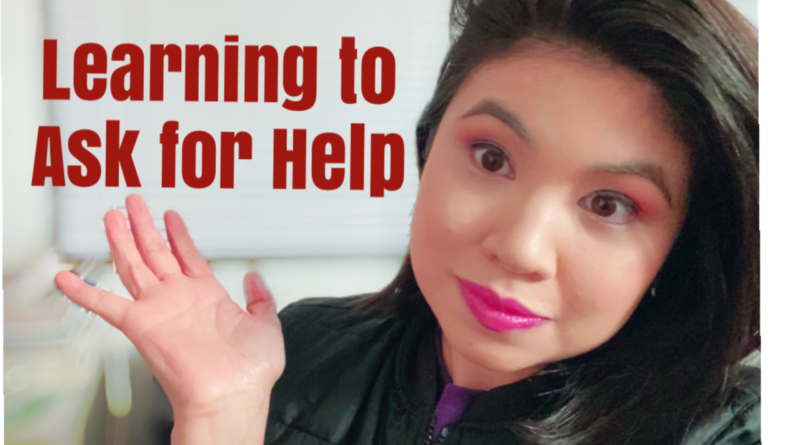Learning to Ask for Help
Do you ever find it hard to ask for help? Check out my latest live stream. An experience with math in grad school reminded me a metaphor someone once shared with me about the importance of asking for help. He was talking about mental health, which is important, but the lesson applies universally.





Hey Jessica,
As a kid I was diagnosed with epilepsy, a seizure disorder. It’s definitely played a large role in my life, and manages to impact just about every aspect of it. I’m currently a little halfway through earning a degree in Elementary Education thanks to a surgery I had three years ago. Today I manage to go a year at a time seizure free, however there is no cure for epilepsy.
My question for you is how do I bring this up at my future jobs? Seizures are terrifying, and people tend to jump to the stereotypes when the subject is brought up. How do I convince my bosses that I have significant control of my disorder? I’m terrified about bringing the subject up.
@Sierra, I’m not a lawyer so this should not be taken as legal advice (I had to give the disclaimer). A lawyer friend advised me once that I should not bring up my illnesses during the job interview. Said it’s none of their business then. If they hire me (in this case they did), then to bring up my need for accommodations after the fact. That job did accommodate me. I wish that society were less ableist. Coming out is always a risk (work, school, many settings) even though it should not be. Also your employer/boss has to know but your coworkers do not have to know. I would emphasize that your epilepsy is under control; give examples that show how you have it under control. What have you done in the past that you’re proud of despite the disorder? Particularly in a work setting. Quantifying things always helps when it comes to applying to jobs (ex: I spearheaded this development project where I raised $33,000 in 4 months). I wrote a couple of articles on this. Here they are: Part 1: http://jessicagimeno.com/work-chronic-illness-part-1-4-things-not-to-say-to-sick-people/
http://jessicagimeno.com/work-chronic-illness-part-2-how-to-find-accommodations/
I would also consult Ask Jan-the Job Accommodation Network.
Does this help somewhat? I’m currently in grad school. Every quarter, I go through the same game with how do I bring up x/how do I not fit into stereotypes?/will this professor understand?…It’s exhausting. My hat’s off to you for doing your best. –Jessica